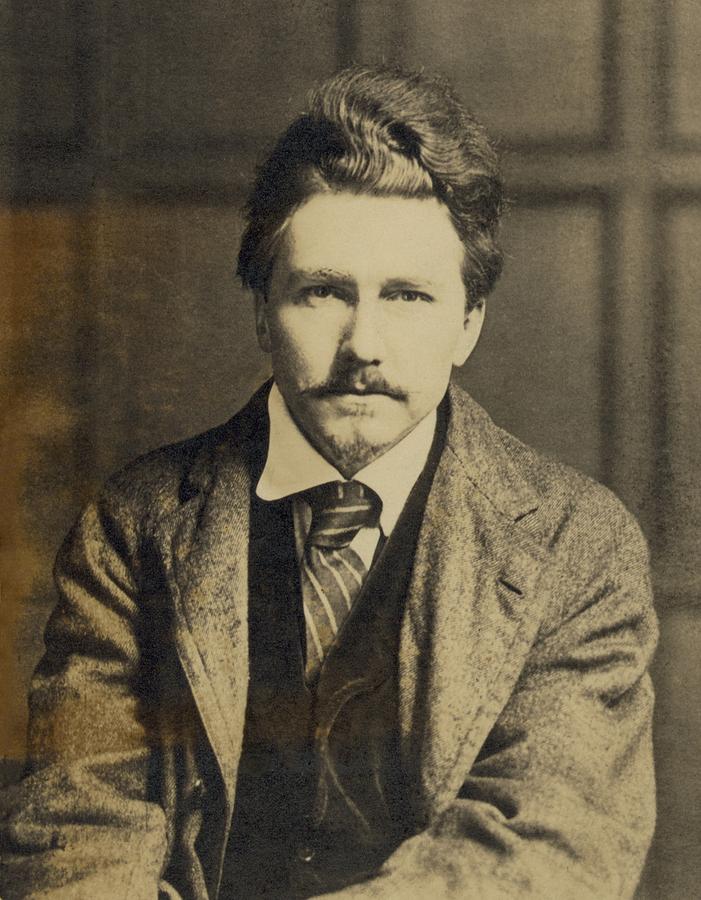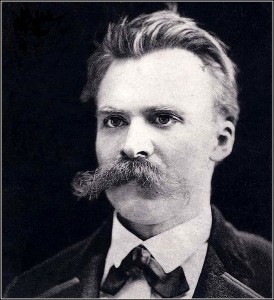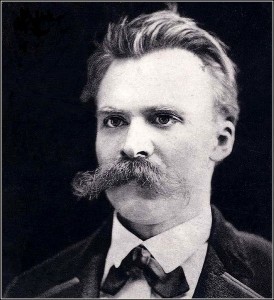 To Logan Pearsall Smith
To Logan Pearsall Smith
22 Beaumont Street
Oxford. March 9, 1919
My own unhappiness about the war disappeared on July 18, 1918, and indeed in a certain sense had disappeared earlier, because although I thought the Germans might win a nominal victory, the Russian revolution seemed to me to have sealed the fate of the German system and its essential ambitions. . . .
Existence is fundamentally in flux—that is a conviction and expectation to start with; and we are merely resuming the movement, perfectly sensible before the war, which is bringing about the dissolution of the age of luxury and respectability in which you and I were born. Let it dissolve! Of course much horror and injustice will be involved in the process—but much would have been involved also in maintaining the old order.
I am not afraid of the people. It is their leaders that are odious, but they will either succumb and be discredited, or they will become fashionable tyrants and patrons of the arts like all the bosses that have preceded them.
From The Letters of George Santayana: Book Two, 1910-1920. Cambridge, MA: The MIT Press, 2001.
Location of manuscript: The Library of Congress, Washington DC.









